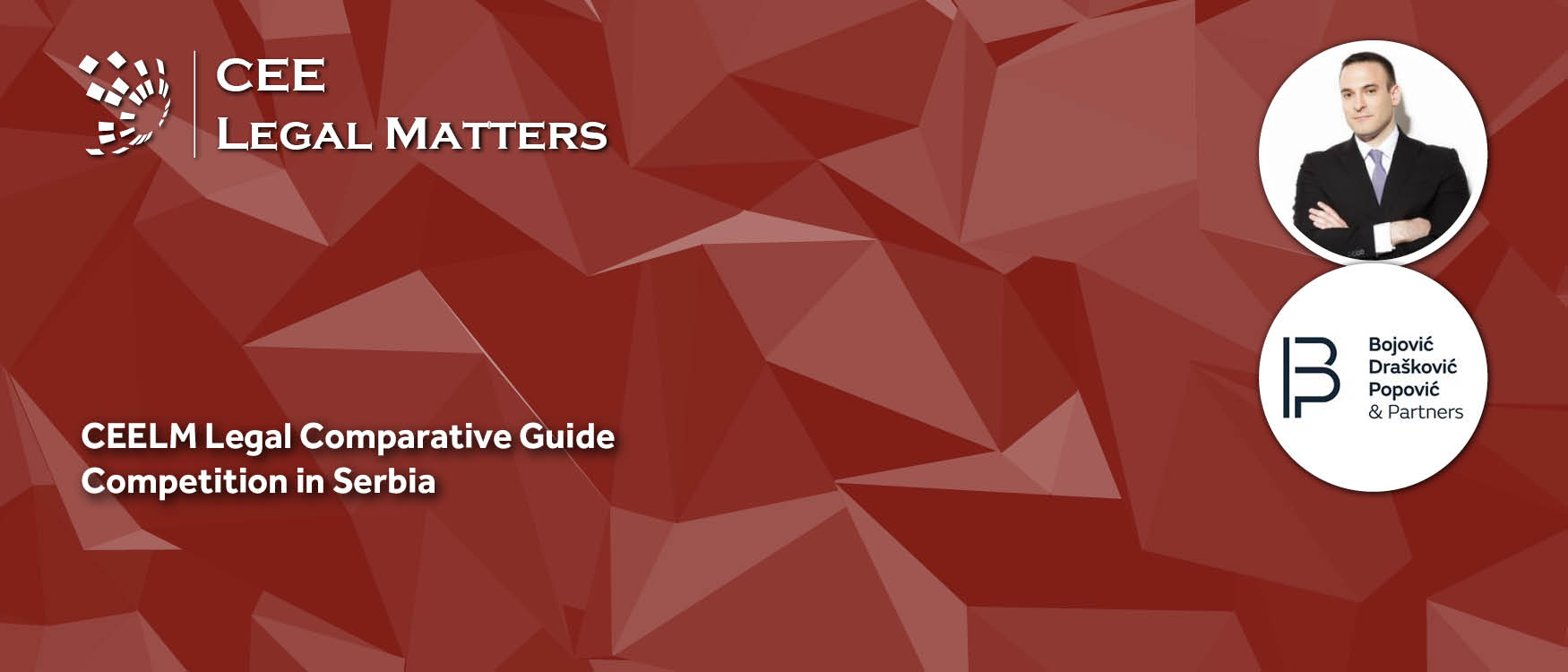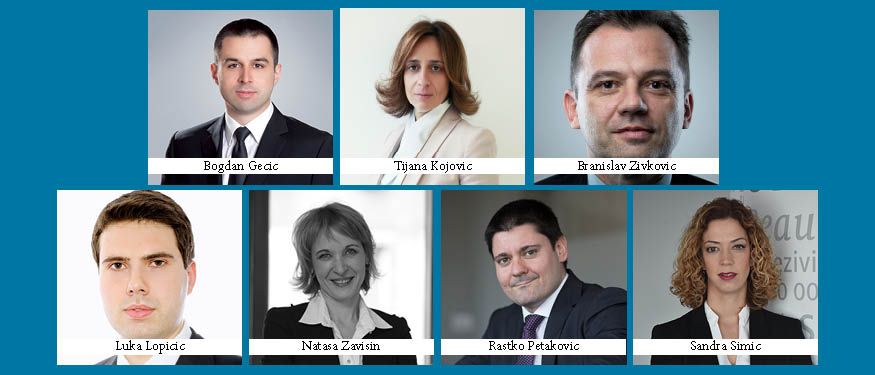Contributed by Bojovic Draskovic Popovic & Partners.
An Unusual Year in Review: Our Annual Expert Round Table
On December 15, 2020 CEELM gathered legal experts from across the region for its annual Year-in-Review Round Table conversation. In a wide-ranging discussion, participants shared opinions and perspectives on their markets, on strong (and less-strong) practices across the region, and the effect of the COVID-19 crisis on both, as well as on how technology is changing the legal industry, and what the industry will look like in 2021.
Capital Markets in Serbia
Contributed by Karanovic & Partners.
Round Table: Belgrade Reveling in the Spotlight
On January 30, 2018, a select group of prominent Serbian lawyers gathered at the Prica & Partners law firm in Belgrade for a CEE Legal Matters Round Table to discuss the current economic conditions in Serbia and the country’s legal services sector.
Market Makers
The commercial legal markets of Central & Eastern Europe didn’t appear automatically. They didn’t develop in a vacuum. They were formed, shaped, and led, by lawyers – visionary, hard-working, commercially-minded, and client-focused individuals pulling the development of CEE’s legal markets along behind them as they labored relentlessly for their clients, their careers, their futures.
Expert Summit Round Table: Considering an Inconsistent and Threatened Recovery in CEE Legal Markets
On the evening of December 8, 2016, at the Hotel Bristol in Warsaw, CEE Legal Matters hosted the 2016 Expert Summit – our annual gathering of experts from across the region to discuss the state of affairs in CEE Legal Markets.
Belgrade and Beyond: Top Legal Experts Gather for Serbian Round Table
The Serbian Market
There was some disagreement about the state of the Serbian economy, perhaps based on the report by Tijana Kojovic, Managing Partner of BDK Advokati, that, in Serbia, “it is risky to make economic projections” since the market is not always fully transparent and, as a result, it is not always easy to see trends developing.









